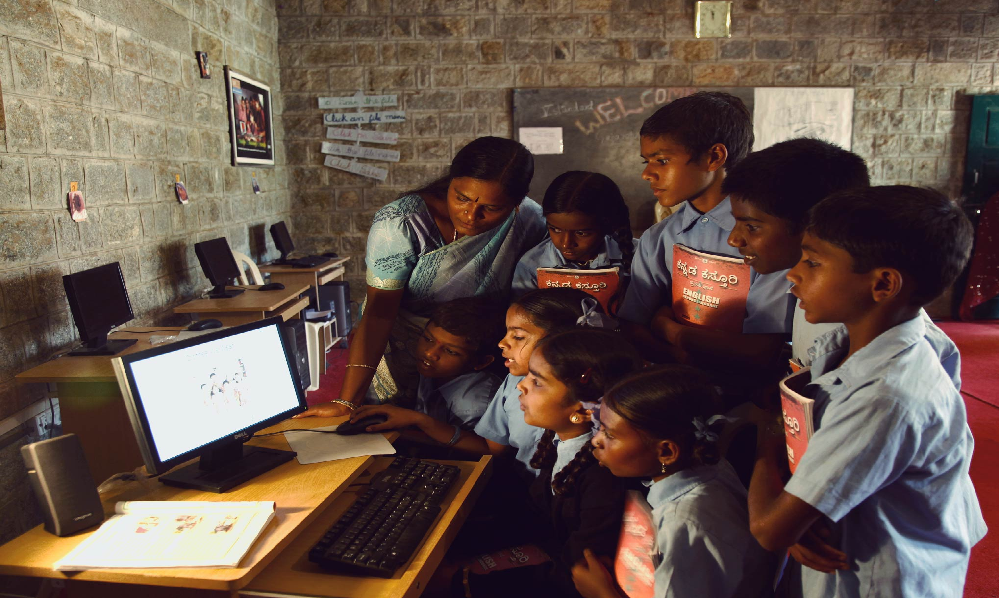In today’s rapidly evolving world, the Importance of Digital Literacy cannot be overstated. The COVID-19 pandemic has brought this issue to the forefront, particularly in education. With schools shutting down and moving online, children from poor and marginalized communities were left behind, exacerbating an already significant education gap. Digital literacy is now not only a skill but a lifeline for accessing educational opportunities and improving the quality of life.
Digital Divide and Education
Addressing the digital divide that separates wealthy students from their poorer counterparts is crucial for bridging the education gap. In many parts of the world, especially in developing countries, access to digital tools such as computers, smartphones, and stable internet connections is limited. Poor households, particularly those in rural and slum areas, often lack these essential resources. As a result, children from these families were unable to attend virtual classes, leading to further educational disparity. Additionally, many schools in these areas lack the technological infrastructure to support online education, which has worsened the situation for students who were already struggling academically before the pandemic. This divide is not just about access to technology but also about digital skills, leaving children unprepared for the modern economy.
Barriers to Access
One of the primary challenges in promoting digital literacy is the lack of infrastructure. In rural areas, access to electricity and the internet is scarce, making it impossible for children to engage in digital learning. Moreover, the cost of digital devices is prohibitive for poor families, many of whom are struggling to meet basic needs. Without access to these tools, the gap in digital literacy will continue to grow, leaving millions of children at a disadvantage. Another significant barrier is the lack of trained teachers who can integrate digital learning into the curriculum, which means that even when resources are available, they may not be utilized effectively to improve educational outcomes for marginalized students.
Role of Non-Governmental Organizations
Non-governmental organizations (NGOs) have stepped in to address the Importance of Digital Literacy by providing access to digital devices and training. These organizations are working with local communities to ensure that children from poor households are not left behind in the digital revolution. By offering free or subsidized digital literacy programs, NGOs are empowering children and their families to navigate the online world, enabling them to access educational content and opportunities.
Government Initiatives
Recognizing the Importance of Digital Literacy, many governments have launched initiatives to bridge the digital divide. These efforts include providing low-cost internet services, distributing digital devices to schools, and introducing digital literacy programs in the national curriculum. However, the success of these initiatives depends on their implementation and the level of community engagement.
CONCLUSION:
The Importance of Digital Literacy in bridging the education gap cannot be overstated. As the world becomes increasingly digital, ensuring that every child has the opportunity to develop these skills is essential. Governments, NGOs, and the private sector must work together to create inclusive digital education systems that reach the most vulnerable. Organizations like Fikrah are playing a pivotal role in this effort, ensuring that poor and marginalized communities have the tools and knowledge needed to thrive in the digital age.
Click here to know more about “Why Digital Literacy Skills are Important for Students”

